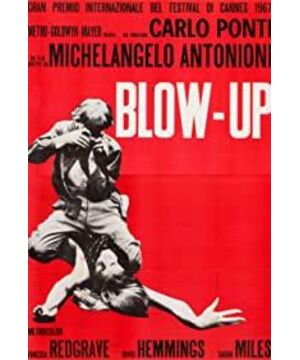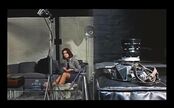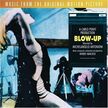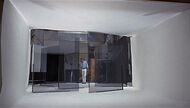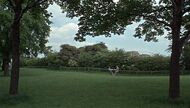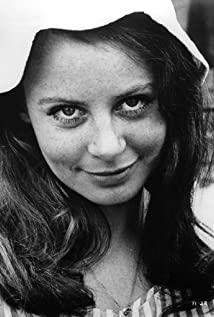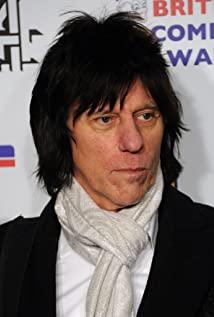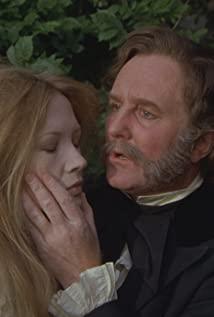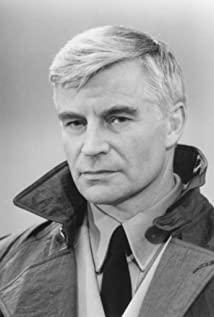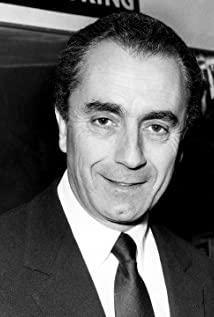Zoom is a very philosophical, artistic film. The film explores some metaphysical philosophical propositions.
Plot weakening
The plot has always been the core element of novels and movies. But this tradition is gradually being broken. Almost all stories have been written since the invention of novels and movies. If one shoots a movie or writes a novel, almost all the plots have already been written. It's time for these art forms to make some changes, and freshness is one of the goals of art. So many artists can't help but ask: Is the plot really that important? For this "Zoom," all it does is soften the plot to highlight the characters and the themes. The plot of the film is very simple: a photographer accidentally finds a murder in the pictures he takes, but he has no way to prove its existence.
background
The background of the film is presented in a very interesting way: at the beginning, a guard in the background in a very flashy red dress tells us that the story takes place in London. "Peace, not war" shows that the story takes place in 1960, the era of hippies, all young people with long hair and bright clothes, immersed in the psychedelics of soft drugs, and romantic relationships. Have an open mind.
photographer
Our protagonist is a very famous photographer. He lives well and has his own huge studio. His personality is very romantic, but his temper is sometimes a little irritable. There is a naive childishness about him and a very open and optimistic attitude. He would happily give change to the clown who came to beg for money, would be willing to let demonstrators put protest signs on their cars, and willfully buy a useless propeller
heroine
The heroine is very mysterious, constantly jittery, overly nervous, a little nervous, and even startled by the lights on. There was always a kind of panic and enthusiasm in her eyes, like a frightened bird. He was so worried, as if he was hiding something. She fell in love very easily and had a romantic relationship with the photographer the first time she met. Her private life is as bad as she says it is. She seems to be involved in a murder case, which is the biggest suspense in the film.
Magical reality
The film begins with a sense of magical reality: a group of people wearing exaggerated makeup and acting costumes roam the city in a pickup truck. After getting out of the car they would grab the driver and ask them for change. This scene is very strange in very modern London, and at the same time has a quirky romance and poetry. Equally magical is that the photographer went to the antique store and bought a giant propeller, even though he had no idea why he bought it.
positive liberty and negative liberty
In a conversation between a photography agency and a publisher at a restaurant, the photographer said he wished he could have tons of money so he could be free. But his friend pointed to a homeless man and reminded him: Do you want to be like him? This sentence is meant to show that the achievement of financial freedom is nothing but the victory of negative freedom over positive freedom.
Philosophical themes of film metaphysics
In an almost mystical way, the film asks us to think about the following questions: What exactly is existence? What does it mean to exist? Is existence subjective or objective? Is it possible for us to understand the world objectively? Or is the world we think of as a subjective world? Are our sensory experiences reliable? Are we being deceived by sensory experience?
false when true
At the end of the film, the group of revellers who started the film wandered around the park in pickup trucks, shouting excitedly all the way. Eventually a game of tennis that didn't exist, and photographers watched them with interest. The people on the court took the game very seriously, and the spectators were drawn to tennis that didn't exist. In the end, the tennis ball was played out of the court and landed in the direction of the photographer. Everyone was waiting for the photographer to pick up the non-existent tennis ball. The photographer hesitated a little, but finally accompany them to complete the game. We can’t help but ask: When everyone pretends that tennis exists, does this tennis really exist? Likewise, if no one believed in the existence of a dead body, did the murder never happen?
Everyone thinks a thing is true, even if it doesn't exist, what choice do we make at this time? Do you identify with most people like a photographer? Everyone will probably have their own answer.
View more about Blow-Up reviews


